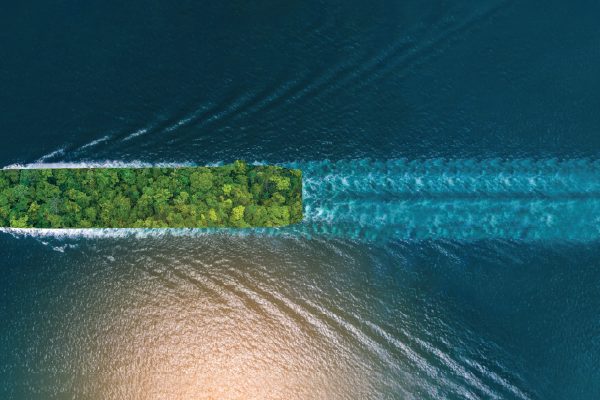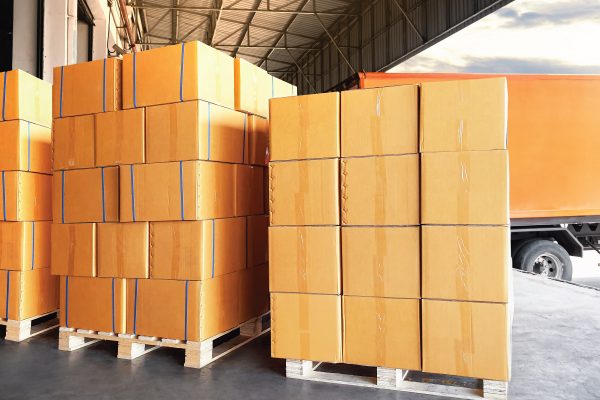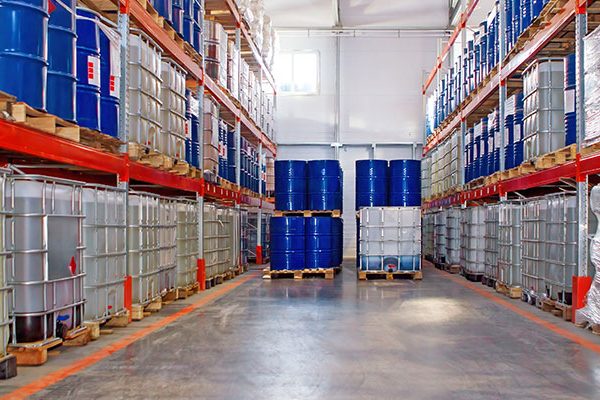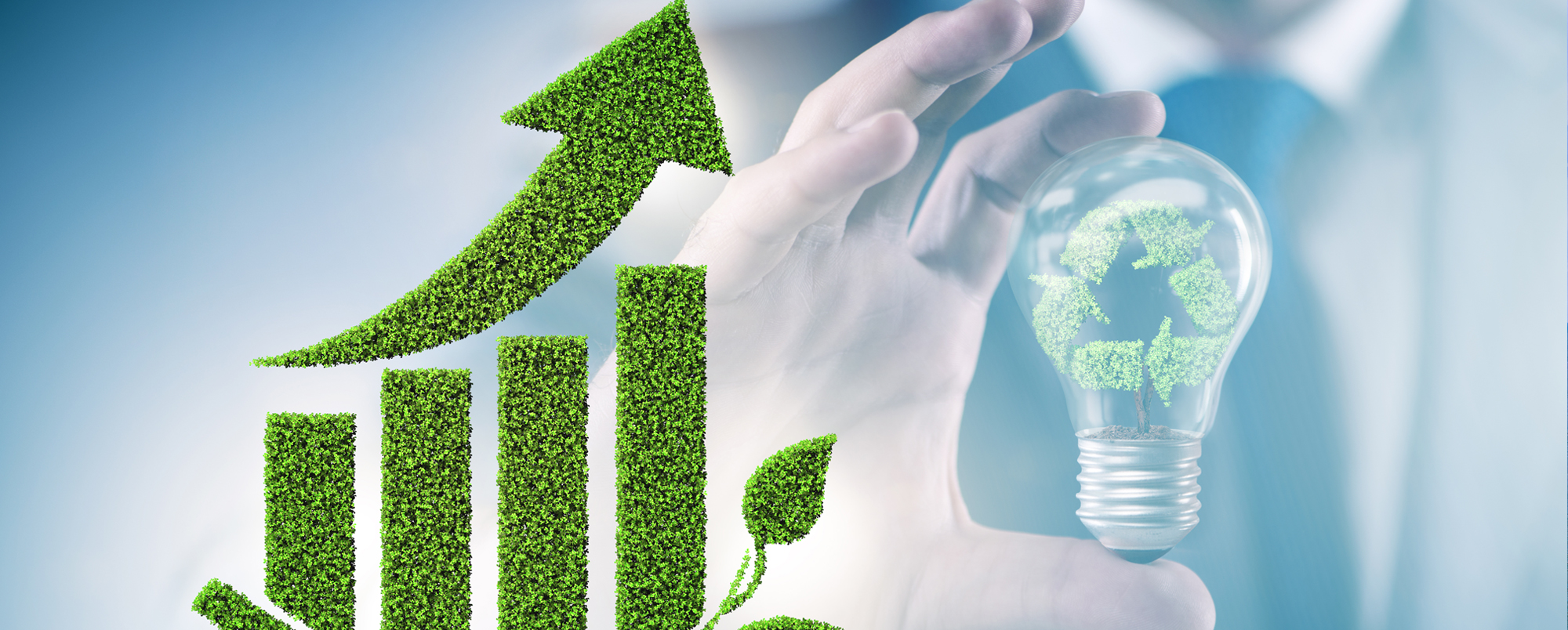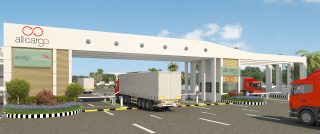“We do not inherit the earth, we borrow it from our children” – these profound words by Native American leader Chief Seattle in his 1854 address in Washington, USA, still hold true nearly 170 years later. His message has found resonance with Mumbai-headquartered global logistics conglomerate, Allcargo Logistics, which has always been passionate about protecting the environment. Second in the series of articles, on the group’s sustainability initiatives, this article explores how sustainability is built into the company’s business practices.
With Care for Environment and Society forming a core value, Allcargo along with its group companies – the globally prominent ECU Worldwide and the legend in domestic express distribution, Gati-KWE – have taken conscientious decisions to integrate sustainability best practices into their businesses through a variety of ways, both big and small.
Conserving energy for a brighter tomorrow
Every effort is made to save electricity through intelligent design, integration of alternative sources of energy and other smart ways that conserve electricity.
- At warehousing and CFS facilities, solar panels and LED lights are used across most locations including streets, parking lots and within the premises.
- Polycarbonate panels (skylight panels) that help utilise natural light in the day time are used on building roofs.
- At one of Gati-KWE’s Surface Transit Centres in Ambala, Haryana, the development of a large solar plant of 150 kW is underway.
- At the Head Office in Mumbai and other offices, where possible, motion sensor-based lighting is used to save power. Use of elevators and air conditioners is also monitored and optimized to minimize excessive electricity consumption.
- There is focus on implementing the use of electric vehicles and CNG vehicles for first and last mile deliveries as well as feeder deliveries.
Saving and reusing water
With increasing pressure of population, sensible use of water is a must to ensure equitable use of this all important resource. To help save the elixir of life, a variety of thoughtful design interventions are implemented from inception at different facilities, such as:
- In-built rainwater harvesting and waste-water management systems to collect rainwater, store it and use it effectively at warehouses and facilities.
- During monsoons, excess surface water is percolated through percolation wells and ground water recharge wells to increase ground water levels.
- Paver blocks are used in parking zones of facilities to facilitate the percolation of water into the ground during monsoons, through the layer of sand underneath.
- Using Sewage Treatment Plants (STP), sewage from the logistics parks facilities is collected, treated and the treated water is used for flushing, gardening, etc.
Reusing resources at facilities
Conscious of the resources given by nature, every effort is made to fully utilise and reuse them in every way possible.
- Environment-friendly blocks made of fly ash are used for construction. Fly ash is residual waste generated in power plants. Not only do these bricks reduce environmental burden but are also more sustainable.
- The company is transitioning from using wooden pallets to wrought iron or steel pallets that are stronger, more long-lasting and can be reused effectively.
- After de-stuffing containers, their seals are not discarded but collected and returned for recycling. Similarly, tyres, waste oil, etc. from CFS-ICD facilities are not disposed off, rather they are handed to authorized recyclers to find a renewed life.
These green business practices are among the many elements that form Allcargo’s sustainability strategy, to reduce its carbon footprint as well as reduce its impact on the environment.
Conclusion
While sustainability can even be practiced with small everyday steps, the global logistics powerhouse is taking significant steps to ensure it follows eco-friendly business practices, and is living up to its core value of caring for the environment and adhering to the highest levels of Environmental, Social and Governance (ESG) norms that help differentiate it as an exemplary corporate citizen.





